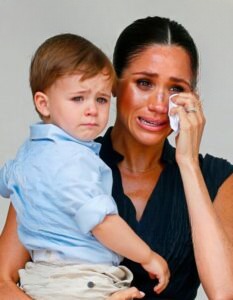Two very different tragedies struck North America this past week—yet both revealed how fragile life can be and how strong communities become in times of crisis.
In Seattle, a bus carrying Vietnamese international students collided with a tourist “duck boat,” leaving several dead and many injured. Families back home waited anxiously as updates came in. Of the four students seriously hurt, three have since left the hospital, while one, Dinh Thi Nam Phuong, is recovering after surgery. Vietnamese consular staff rushed to Seattle to assist the students, set up a hotline for families, and arranged for Phuong’s loved ones to join her—reminders of how vital support systems are when tragedy strikes far from home.
Meanwhile, in British Columbia, torrential rains triggered mudslides that destroyed highways, displaced families, and claimed multiple lives. Search teams, helicopters, and drones scoured dangerous terrain, while communities opened homes and shelters to those in need. Experts have called the disaster a warning sign, as climate change makes extreme weather more frequent.
Though the causes differ—a road accident in Seattle, natural disaster in Canada—the themes are the same: sudden loss, communities rallying, and resilience in the face of grief. From neighbors offering shelter in B.C. to hospital staff and diplomats supporting students in Seattle, compassion has been the anchor in dark days.
These events are a painful reminder that life can change in an instant. Yet they also show us that in moments of fear and sorrow, humanity often answers with solidarity, courage, and kindness.





